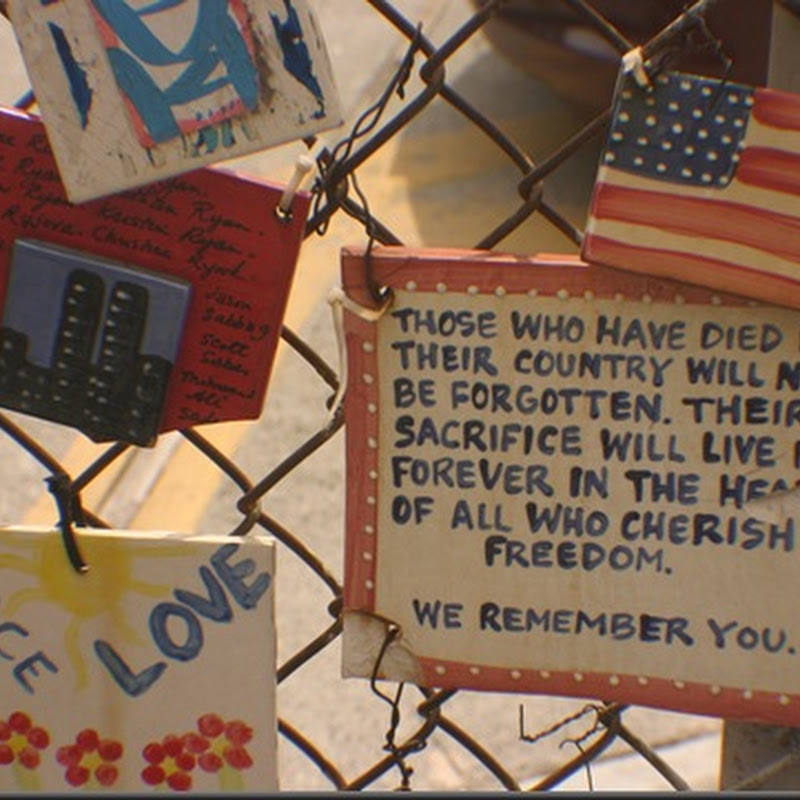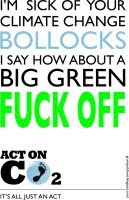 I recently found an old article in a copy of a delightful magazine entitled The Miniature Camera, dated August 1938, that discusses a photographic club camera outing to a park in Warwick.
I recently found an old article in a copy of a delightful magazine entitled The Miniature Camera, dated August 1938, that discusses a photographic club camera outing to a park in Warwick.While there the club members, all 54 of them, were approached by a policeman. The text of the article reads as follows:
"A policeman arrived soon after we had settled down, and we thought we were to be turned out; but he proved to be a most good natured representative of the force, and had merely come to remind us to "be careful about the litter." After he had been shot 67 times (photographically speaking) he departed wreathed in smiles, quite convinced we were all "wanting," but quite prepared to believe we were harmless. As to his request, I hope and think it was acted on by all concerned."
It seems that times have changed. Given the years that have passed since that article was published it is hardly surprising, but could those club photographers have envisaged that within their lifetime photographing on the streets of the UK would become such a contentious issue.
There are two areas of concern, one is the use of Section 44 of the Terrorism Act by police to stop and question photographers, and the other the public's' perception of photographers taking pictures of strangers, though perhaps the two are linked.
In recent months there have been a number of stories of photographers being stopped by Police. Andrew White was asked for his name and address whilst taking pictures of the Christmas lights in Brighton, and then last week my colleague, photographer Jeff Overs, was stopped as he took photographs of the Millennium Bridge and St Paul's Cathedral in London (see the picture at the top of this page). You can watch him talking about it on the Andrew Marr programme here.
How ironic it is that people are being deterred from taking photo's in public due to often illegal actions on the part of the police, when its anti terror laws being used in that abuse. Then we hear comments from the police and others in power saying that they will not let the actions of terrorists change our way of life....
.









































































































































































































0 people have spoken:
Post a Comment